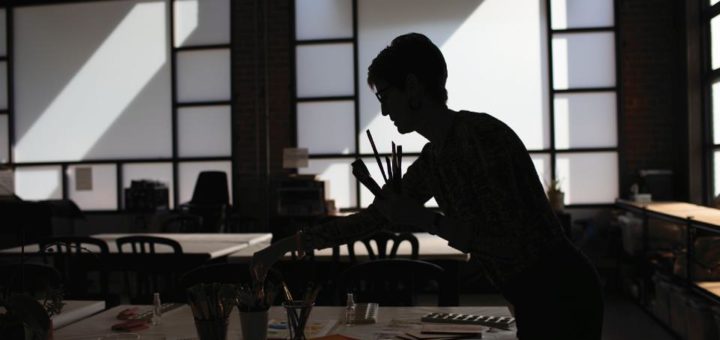Do You Need an Imperfectionist?

Regular readers know that I’m always on somewhat of a Disney kick, but my Disney kick has been even kickier lately. Between Disney+, an upcoming discussion around Be Our Guest, a recent trip to Orlando, and helping other friends plan for their trips to the Happiest Place on Earth, Walt’s world has captured my grey matter.
That was especially true as I read One Day at Disney, a ginormous coffee table book that highlights the stories of Disney cast members around the world, taken in a snapshot of one 24 hour period in 2019 (you can also see the documentary and shorts on Disney+ that are based on the book).
One of my favorite anecdotes came from the feature on Tia Wallace Kratter from Pixar University, the animation studio’s continuing education program. While we tend to think of Disney and Pixar films as a never-ending thread of perfect animation, scoring, and storylines, Pixar and Tia beg to differ:
Perfection…was not always the top priority on her agenda. On Toy Story, Tia’s job description was “Imperfectionist.” It was her job to add believability and patina to the flawless environment created within a computer. By adding scratches and splatters, and staining surfaces, Tia helped to create a more believable, lived-in world that didn’t feel so stiff and rigid. “So, my job was to go in and put dirt and scuff marks on the floors and on the baseboards, fade the wallpaper, and scratch up desks.”
Mind blown. Who knew that some of our favorite films have people on the payroll whose entire job is to mess things up? But that anecdote caused me to ask this question:
Where do we need imperfection on our guest services teams?
I get it: most of us can freely admit that we’re so skilled in imperfection, we do it for free. We don’t always get it right. Our systems sometimes fall flat. Our volunteers and staff members don’t always deliver. But there can still be an aura of perfection on our teams that needs to be scuffed up. Here are a few examples:
Opportunities to serve.
If we spend our time honing our team to its full potential, that can cause others to think that there’s no room for mere mortals on the team. Be careful that you’re not creating a well-oiled machine that doesn’t invite others to participate.
Opportunities to grow.
If you’re the grand poobah of your team, do you let those you lead, lead you? In other words, do you listen to the suggestions of those on the front lines? Jim Collins talks about the problem of a “genius with a thousand helpers.” If you believe your systems are flawless and don’t need improving, you’re fooling yourself and hamstringing your volunteers.
Opportunities to be known.
We all know the problem with our “Sunday faces,” plastic smiles and filtered realities that puts our best foot forward. But if we always have it together, does that cause our guests to despair that they’ll never have it together? How can we lead our teams to a healthy balance of being real vs. keeping momentary problems invisible?
Opportunities to own it.
Let’s go back to the reality of our lives: we’re going to mess up. We’re going to drop the ball with a guest. But in those moments, how can we stop blame-shifting and making excuses, and just own our imperfection? How can you acknowledge you messed up, regain ground, or fix it before you’re asked to fix it?
Where are other areas where you need to intentionally introduce a few scratches and scuff marks?
photo credit: Disney Enterprises, Inc.
